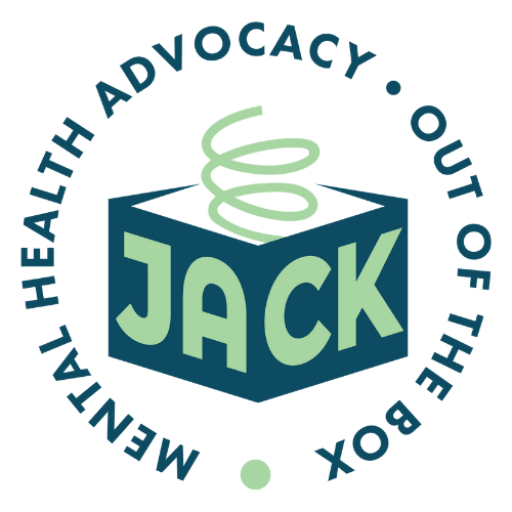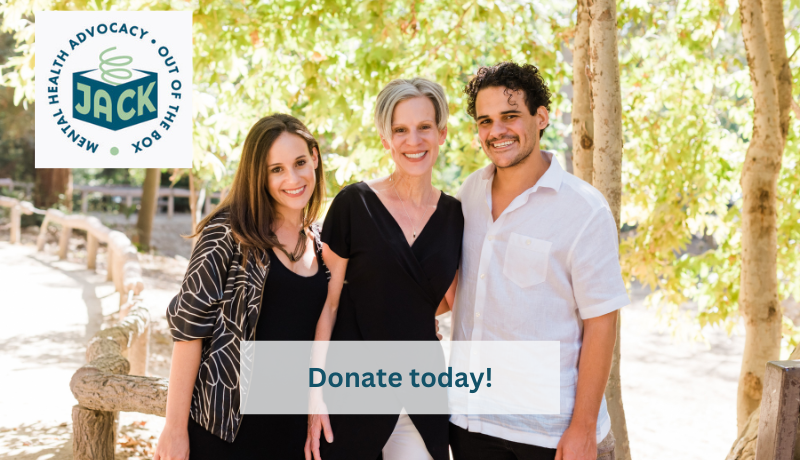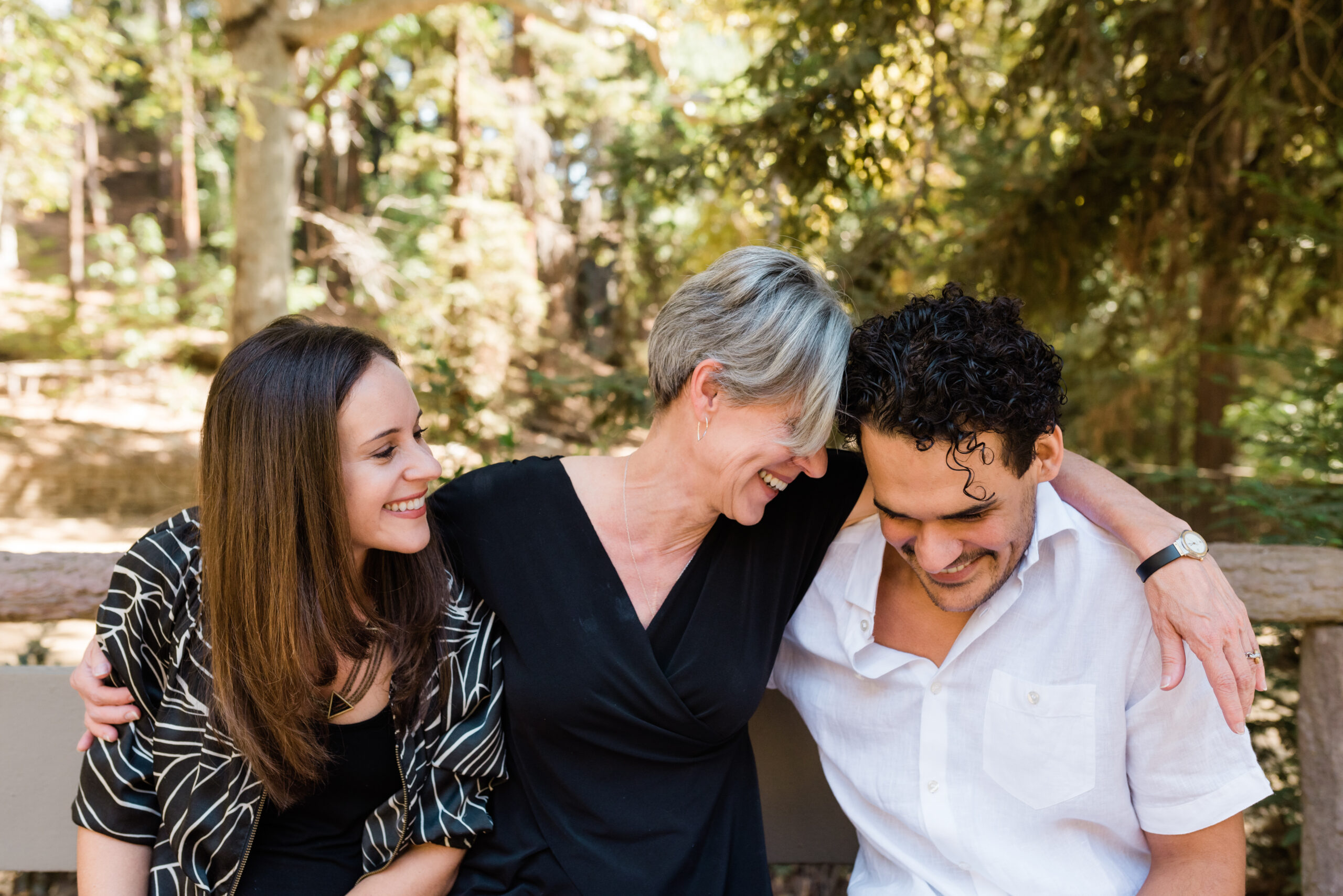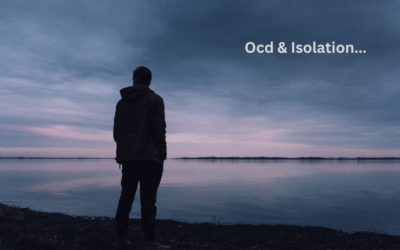Body acceptance says: “my body is what it is.”
Early in my recovery from an eating disorder, much of the body image rhetoric was about learning to love my body. This narrative, although an idyllic way to think about our bodies, felt distant and impossible from the place I was in. My body had been my enemy. Culture and my life experience demonstrated all of the ways that my body was problematic. My thighs were too large. My stomach wasn’t toned enough. And my hair wasn’t straight enough (it also wasn’t curly enough). My legs weren’t long enough, the list goes on.
It felt like I was being asked to move away from everything I had been indoctrinated with my whole life. And at the same time, start loving all of the things I believed were flawed. This impossible task, coupled with the process of restoring weight and watching my body shift made me want to throw my hands up and scream.
Body Acceptance, Body Neutrality
We now know that body acceptance or body neutrality is a much more conceivable goal for those struggling with eating disorders, body image issues, body dysmorphia, BFRB, and obsessional thoughts about the body. This radical shift allows us to pursue a values-based life, even if we aren’t in love with our bodies. This allows our body not to be the focus. But how do we move towards body acceptance?
One of the ways we can learn to value our body is to honor the ways that it functions. Think of how your body works for you every day- it breathes air into your lungs, it pumps blood to your organs, it has complex thoughts in your brain, it uses your legs to carry you through the world, it uses your arms to embrace loved ones. Focusing on function allows us to honor the body while not focusing on its appearance. Thinking of your body as a machine and all of the ways that the machine functions well is important in developing acceptance and tolerance of one’s body.
Learning that you are not your body and that your body is the vessel in which you experience the world is imperative.
Renowned eating disorder therapist, Carolyn Costin, calls the body an “earth suit.” Our bodies are the thing we live in and the thing that allows us to engage with all of the beautiful aspects of this life, but they are not the essence of who are as people. Reminding yourself, “I am not my body,” can be a helpful practice as you explore what your identity and values say about who you are.
Developing an Identity Outside of Our Bodies
Our culture shapes us.
Another aspect of body acceptance is developing an identity outside of our bodies and appearance. Using our values, we can find who we are apart from our bodies. What do you care about in the world? What relationships and communities matter to you? The ultimate question is: what do you care about more than your body? Body image issues, eating disorders, body dysmorphia, and BFRBs pull us out of our values and force their agendas upon us. True recovery requires reconnecting with previously held values or developing new values. When we are engaged in our values, our body size, shape, and appearance matter very little in comparison to more deeply held principles.
The reality is that we live in and have been shaped by our culture. Our cultural and social learnings deeply affect the ways that we see and experience our bodies. None of us is exempt from this phenomenon. Even as we improve our body acceptance, it is important to hold space that some days we might have negative thoughts and feelings about our bodies. This doesn’t mean you’ve relapsed or that you’re doomed for failure in recovery.
The goal is to practice cognitive diffusion to detach our feelings and behaviors from these thoughts. As we create some distance from these thoughts, we can use a nonjudgmental lens to observe thoughts and assess how they line up with our values. Then we can determine what our values would say to do next. Do we challenge the thought of using therapeutic tools? Do we just move on by taking the opposite action? Or do we reach out for support or go to our journal? We can’t always control having a thought, but we can control how we respond to thoughts. When we are connected to our values, our response reflects our values.
Body acceptance and body neutrality are radically countercultural ways to live in a world that is constantly pulling us into comparing and criticizing our bodies. Body acceptance says: “my body is what it is.” There is no pressure to love our bodies in moments where that just isn’t realistic. It also lets us move away from focusing on our bodies and into focusing on our life, our beliefs, and our goals.
JACK Mental Health Advocacy Initiatives
In acknowledgment of board member Mallory Hepp, JACK Mental Health Advocacy has made a donation to Project Heal. This donation will help to create access to care for individuals with eating disorders and co-occurring OCD, BDD, or related disorders.








